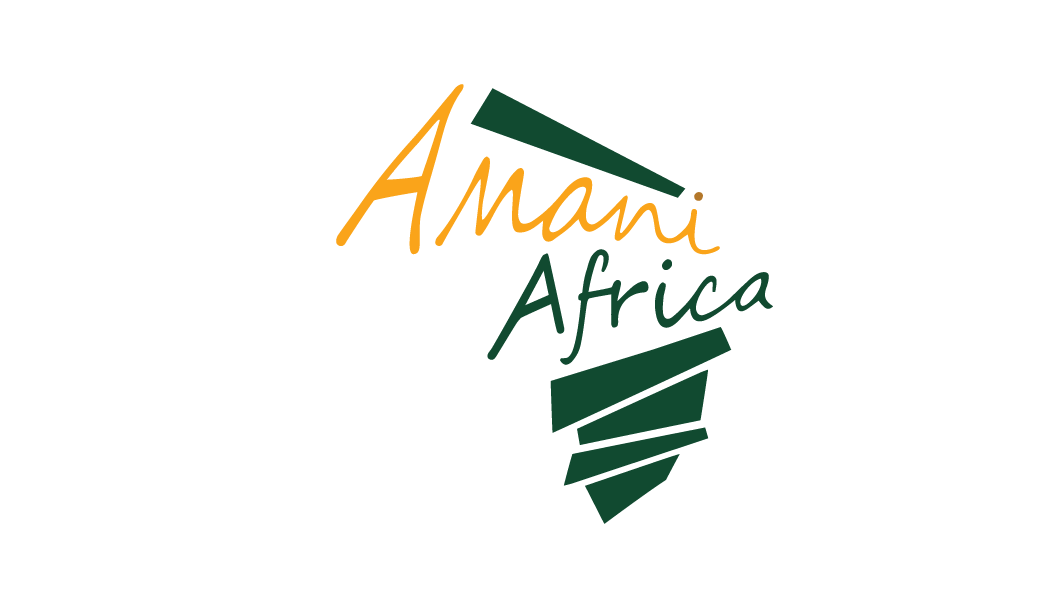Engagement with African Union Stakeholders to Strengthen Afrobarometer Data Uptake
Concept note
Background
The African Union (AU) has become the leading multilateral body that offers African states and citizens a platform to engage on a wide range of policy matters of continental and global significance. Through its institutions, norms and policy frameworks, it has established a space to respond to the various challenges the continent is confronted with (as illustrated through AU’s leadership role in mobilizing continetal response to the COVID19 pandemic) and it has articulated bold commitments through the adoption of Agenda 2063 and the various flagship projects namely the African Continental Free Trade Area (AfCFTA). In areas of peace and security and governance, the AU provides such platform through the progressive norms and structures of the African Peace and Security Architecture (APSA) and the African Governance Architecture (AGA).
Its wide range of norms, institutions and processes thus positioned the AU as a critical hub for advocacy and targeted policy action for promoting the implementation of democratic, human rights and peace and security norms and accountability. Of equal significance is the opportunity AU avails for enhancing the participation of non-state actors and African citizens in the discourse and policy actions on matters of continental importance. AU norms and policy instruments as well as some of its structures constitute the foundation both of legal and political legitimacy and of inspiration for active role of citizens and civil society in mobilizing at national and regional level to engage governments and AU’s policy processes. AU norms and policy framework have also explicitly recognized the importance of connecting citizens with continental policy making structures. While there have been various mechanisms established to enhance this interface, there is a still a need for ensuring policies adequately meet the expectations of citizens.
There is increasing need and importance of wider public support and legitimacy for Agenda 2063. Similarly, the decision under the AU institutional reform to bring the AU closer to citizens would benefit enormously if AU’s engagement is informed by the expectations and needs of citizens. For all of these, data on citizens expectations is central.
Moreover, the current trend that saw the revival of unconstitutional changes of government and the continuing democratic backsliding in the continent require an in-depth reflection to devise the best course of action. An important aspect in this regard is understanding the public perception of such changes and dynamics in the governance landscape of the continent. It is hence critical to assess the expectations and demands of citizens to further unpack the underlying factors and drivers of such changes across the continent. Such perspectives of the wider public can be discerned from various public surveys including Afrobarometer (AB).
Amani Africa as a leading institution that contributes to the continental aspiration enshrined in Agenda 2063, has worked actively towards promoting the meaningful participation of citizens and CSOs in the AU. Within this framework and to further bolster citizens engagement, Amani Africa is currently undertaking a project that aims at supporting the alignment of AU decision making with African citizens needs and expectations. One way of capturing and reflecting public perception is through the use of quality survey data. By tapping into the ample resources of AB as the leading source of such data, Amani Africa envisages to undertake consultations and convenings with a wide range of stakeholders and AU decisions making actors.
Objectives of the convening
The first consultation will bring together experts and policy makers in the AU policy space to acquaint them with the diverse and abundant data AB produces. By identifying the relevant data that can be direct input into the AU decision making process in areas of peace, security, human rights, constitutional rule and democratic governance, the consultation will then delve further on the mechanisms of making use of such data.
The two-day convening will bring together AU Commission experts particularly from the Political Affairs, Peace and Security (PAPS) Department, AU member states and Regional Economic Communities (RECs). The consultation will provide a platform for AB to present data that is relevant to AU decision making and it will further benefit from the inputs and contributions of the various experts and decision makers. The consultations will also have the following objectives:
– Provide a comprehensive overview of the relevant AB data produced in areas related to peace and security, human rights, democratic governance and constitutional rule
– Assess the current use of AB data in AU policy and decision-making processes
– Identify the challenges of the use of AB data and ways to improve mechanisms to areas that can further benefit from the data produced by AB
– Reflect on mechanisms and approaches to ensure that the wider views of the African public perceptions shape and inform AU decision making and policy processes.
